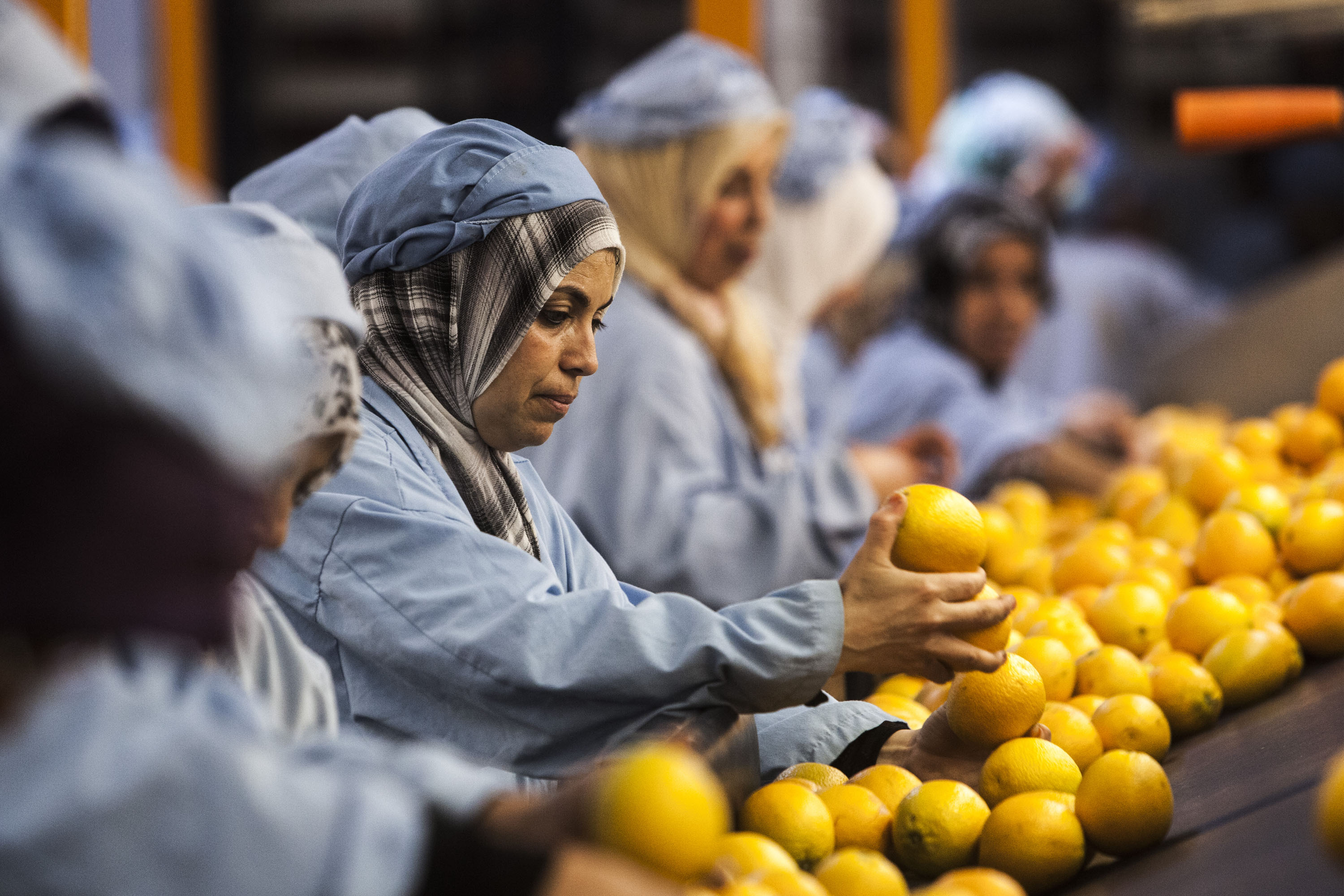Table of Contents
Introduction: The Looming Threat of Food Insecurity
The Value of Food Reserve Units: A Shield Against Uncertainty
Mitigating the Impact of Natural Disasters
Countering Food Price Inflation and Shortages
Preparing for Unforeseen Emergencies and Crises
Beyond Government Measures: Taking Personal Responsibility
Embracing Food Security: Why Affiliation with Food Reserve Units Matters
Peace of Mind in Turbulent Times
A Safety Net for Your Family’s Nutritional Needs
Investing in Your Future Well-Being
Conclusion: Food Reserve Units – A Proactive Approach to Food Security
Introduction: The Looming Threat of Food Insecurity
The specter of food insecurity hangs heavy in today’s world. Developing countries grapple with chronic shortages, while even developed nations are not immune to disruptions caused by natural disasters, economic turmoil, or geopolitical tensions. This sobering reality necessitates a proactive approach to safeguarding our families’ well-being. Food reserve units emerge as a powerful tool in this fight, offering a shield against uncertainty and the potential for food shortages.

The Value of Food Reserve Units: A Shield Against Uncertainty
Food reserve units provide a practical solution to a growing global concern. Here’s how they offer invaluable protection:
Mitigating the Impact of Natural Disasters: Earthquakes, hurricanes, floods – these catastrophic events can cripple infrastructure and disrupt food supply chains. Food reserve units offer a vital buffer in such scenarios, ensuring access to essential calories even when traditional distribution channels falter.
Countering Food Price Inflation and Shortages: Witnessing the rising cost of staples like maize, wheat, and rice is a stark reminder of the precariousness of our food systems. Food reserve units provide a hedge against inflation, offering a pre-purchased stock of essential food items that are not subject to market fluctuations.
Preparing for Unforeseen Emergencies and Crises: Beyond natural disasters, unforeseen events like economic meltdowns, civil unrest, or pandemics can disrupt food supplies. Food reserve units offer peace of mind in such situations, ensuring access to basic sustenance when external sources become unreliable.
Beyond Government Measures: Taking Personal Responsibility
While governments strive to maintain food security through policy and stockpiling, individual preparedness remains crucial. Government intervention may falter in the face of widespread crises, leaving families vulnerable. Food reserve units empower individuals and families to take control of their own food security, mitigating dependence on potentially overwhelmed government systems.

Embracing Food Security: Why Affiliation with Food Reserve Units Matters
Affiliation with a food reserve unit offers a multitude of benefits for your family’s well-being:
Peace of Mind in Turbulent Times: Knowing you have a readily available source of essential food supplies fosters a sense of security in uncertain times. This emotional well-being is invaluable during periods of crisis and disruption.
A Safety Net for Your Family’s Nutritional Needs: Food reserve units ensure access to the basic calories your family needs to survive, even when external sources become scarce or unaffordable. This safeguards your loved ones from the debilitating effects of malnutrition.
Investing in Your Future Well-Being: A food reserve unit is an investment in your family’s future resilience. It empowers you to weather unforeseen storms and navigate periods of food insecurity with greater confidence.
Conclusion: Food Reserve Units – A Proactive Approach to Food Security
Food reserve units are not a luxury; they are a ضرورة (dharura) – a necessity in our increasingly unpredictable world. By taking a proactive approach to food security, you can safeguard your family’s well-being and navigate challenges with greater resilience. Consider affiliation with a food reserve unit as an investment in a secure future for yourself and your loved ones.